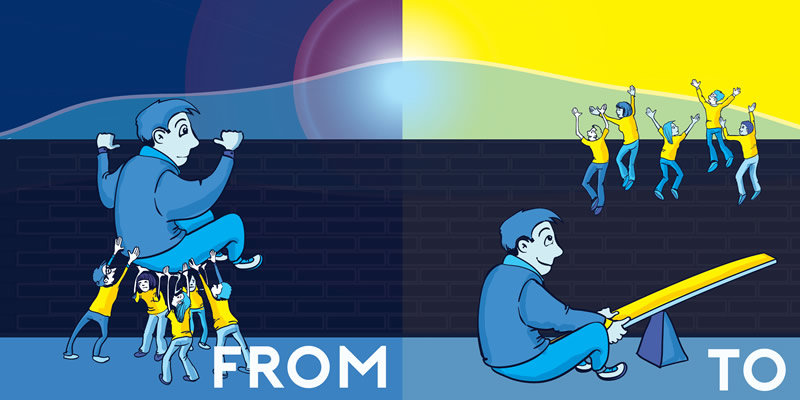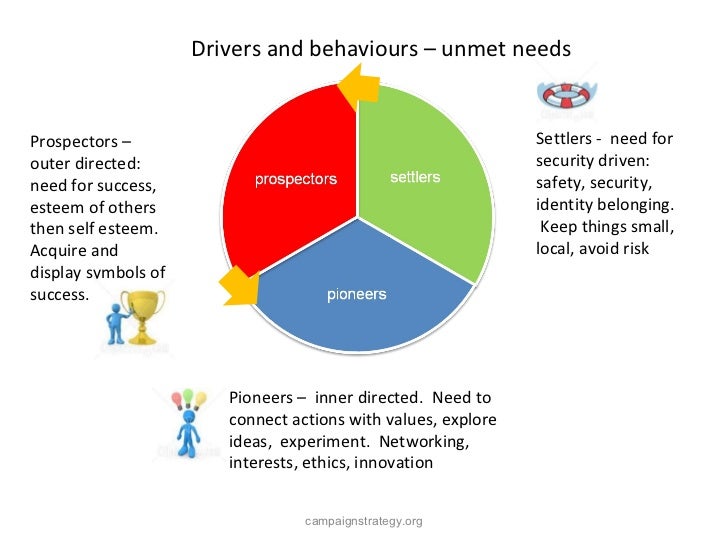
Semantics play a big role in life. The words we use influence how we think. Words affect our thoughts on the people we’re trying to serve and the issues we’re trying to address. This week, some of my allies at Greenpeace gathered to discuss how Greenpeace thinks about its community.
I use the word “community” because that is the word that I find most neutral and positive when trying to describe the hundreds or thousands or tens of thousands of people who potentially come across the work that I do. When I think about these people as individuals, I call them by their name or think of them using industry terms such as “users” or “personas”. Inside of Greenpeace, people use the word “supporters”.
Joe, a member of the Engagement Support Team, pointed out that even this word doesn’t indicate how Greenpeace thinks about its community,
“We don’t think about our supporters as supporters! We think of them as donors, or cyber activists.”
What is the difference between a “donor” and a “supporter”? It’s slight, but distinct. Captain Mike asked that we flip our conversation on its head and instead think of Greenpeace as the supporter, which to me feels more respectful than thinking of our gigantic community as “supporters” (see graphic above!). Araceli responded that this shift in thought, thinking of “Supporters” as “Change Agents”, is an exercise in humility. Greenpeace hasn’t gotten good at letting go,
“We’re always telling people what they can’t do. We tell our volunteers ‘No, you can’t use our logo…’, ‘No you can’t remix this message…’ It’s not very motivating.“
Yes, words influence thought.

Once again, our considerations around the shifts Greenpeace need to make led us to discussing value modes we are adept at speaking to. Different groups of people are motivated by different types of things. “Pioneers” tend to speak to other pioneer communities because they don’t know how to engage people who don’t have the same values. Lucie pointed out that we need to ask for help from people who do identify with how these other groups think. I then explained cognitive diversity as an important part of overarching diversity and inclusion efforts, and read aloud Greenpeace Diversity & Inclusion Principle #3,
“We are committed to attracting, developing and retaining a diverse and talented community of volunteers, crew and staff. “
Tom Allen, an Ocean Lovers project lead in Australia who finally visited our timezone, pointed to a historical manifestation of cognitive diversity, pulled from the book Humanize,
“Consider Florence during the Renaissance. The wealthy Medici family played an instrumental role in creating a culture of creative and innovation, by bringing together talented artists and scientists from all different backgrounds.
So instead of seeing diversity as something that’s purely a public relations issue, try to create your company’s own version of the Florentine Renaissance. Because as we’ve seen, diversity isn’t just about making your company look good in the press; it’s critical for innovation.”
Like interest-based learning, we need to figure out how to use “interest-based campaigning” to motivate various communities based on their individual contexts. We also need to use words that speak to particular values and interests.
This group was unsure of using the term “Change Agent” to describe how we want to think about our community. What word would you choose to describe an individual for our context? Mozilla or Wikipedia community members self identify as “Mozillians” and “Wikipedians”, so I’ve tended towards a personification of the brand name itself – Greenpeacers. But what makes a Greenpeacer a Greenpeacer? Is it the beginning of the engagement ladder / supporter journey? Do I just have to put my hand up and say “I’m a Greenpeacer”? Or will Greenpeace tell me no?
We will continue working to make Greenpeace a more diverse organization writ large, and we’ll continue to talk about these and other types of issues in our biweekly community call. We are confident that this call will help with coordination. We’ve decided to evolve our “Story Community Call” to become the “Engagement Community Call”, and will work on expanding the scope of this call to include any and everyone working to engage people around socially relevant campaigns and ideas.
Our next call is May 10th. Join us!